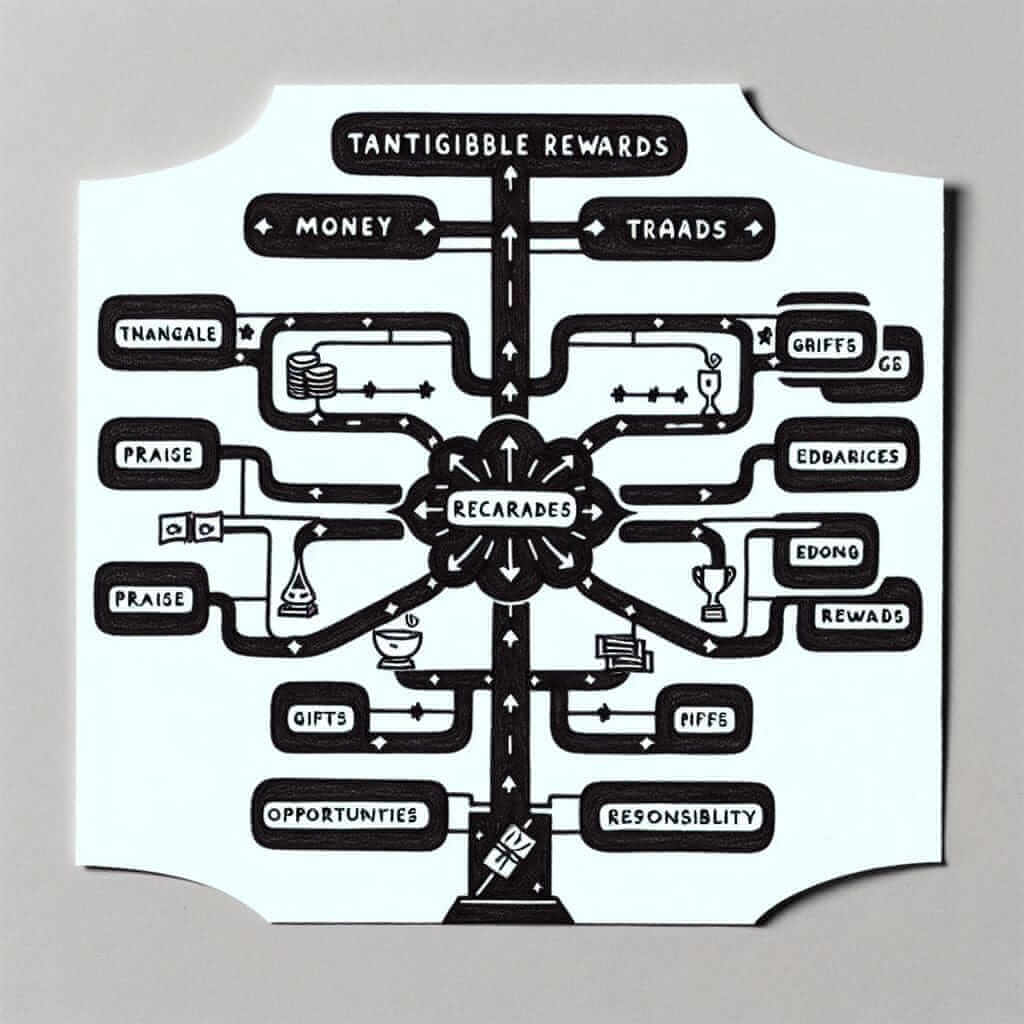As an IELTS instructor with over 20 years of experience, I understand the challenges students face when encountering unfamiliar topics in the Speaking test. “How to reward successful people” might seem like a curveball, but don’t worry! This article will equip you with the vocabulary and ideas to discuss this topic confidently and fluently.
Understanding the Topic
While this topic might not directly relate to common IELTS themes like environment or technology, it allows you to demonstrate your ability to:
- Discuss abstract concepts: Rewarding success goes beyond material things; it delves into motivation, recognition, and societal values.
- Articulate opinions and justify them: You can express your views on various reward systems and their effectiveness.
- Use a range of vocabulary: From describing different types of rewards to evaluating their impact, you’ll have the chance to showcase your lexical resource.
Discussing Rewards: Key Vocabulary and Ideas
Types of Rewards
- Tangible Rewards:
- Financial incentives: Bonuses, salary increases, stock options
- Material gifts: Cars, houses, luxury items
- Public recognition: Awards, certificates, honorary titles
- Intangible Rewards:
- Praise and recognition: Verbal appreciation, public acknowledgement
- Opportunities for growth: Promotions, challenging assignments, further training
- Increased autonomy and responsibility: Decision-making power, leadership roles

The Impact of Rewards
- Motivation and productivity: Rewards can incentivize individuals and teams to perform at their best.
- Job satisfaction and retention: Feeling valued and appreciated contributes to a positive work environment.
- Personal growth and development: Opportunities for advancement encourage continuous learning and skill development.
Sample IELTS Speaking Questions and Answers
Part 1:
Examiner: What do you think motivates people to achieve success?
Candidate: I believe motivation stems from a combination of factors. Some are driven by intrinsic rewards, like the satisfaction of achieving a personal goal or mastering a new skill. Others are motivated by extrinsic rewards, such as recognition, promotions, or financial incentives.
Part 2:
Describe a time when someone you know was rewarded for their success. You should say:
- Who this person was
- What they had achieved
- How they were rewarded
- And explain how this reward impacted them
Candidate: I’d like to talk about my colleague, Sarah. She had been working tirelessly on a challenging project for months. She consistently put in extra hours and went above and beyond to deliver exceptional results. When the project concluded successfully, surpassing all expectations, our manager surprised her with a promotion and a significant bonus. This recognition not only boosted her morale but also motivated the entire team.
Part 3:
Examiner: Do you think financial rewards are the most effective way to motivate employees?
Candidate: While financial incentives can be motivating, I believe they shouldn’t be the only form of reward. Intangible rewards, such as genuine appreciation, opportunities for growth, and a supportive work environment, are equally important for long-term job satisfaction and employee retention.
Tips for Success:
- Think broadly: “Successful people” can range from athletes and entrepreneurs to artists and community leaders.
- Provide specific examples: Illustrate your points with real-life instances or hypothetical scenarios.
- Use linking words and phrases: Connect your ideas smoothly to demonstrate coherence and fluency.
- Practice, practice, practice: The more you familiarize yourself with discussing various topics, the more confident you’ll become.
Remember, the IELTS Speaking test assesses your ability to communicate effectively in English. By focusing on clarity, fluency, and a wide range of vocabulary, you’ll be well-prepared to discuss any topic that comes your way, including “how to reward successful people.”